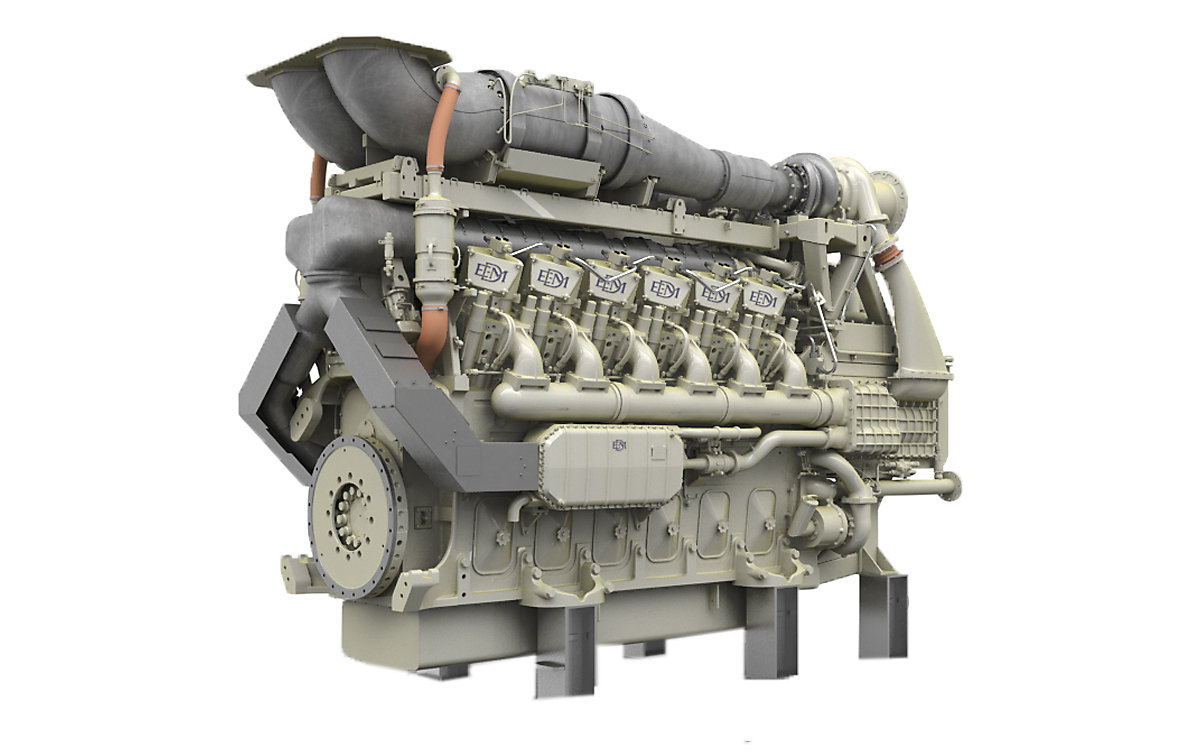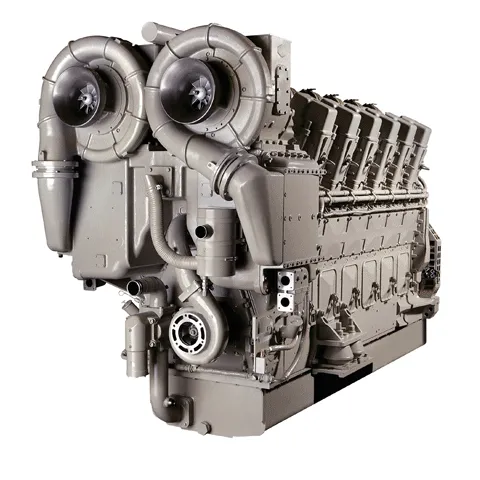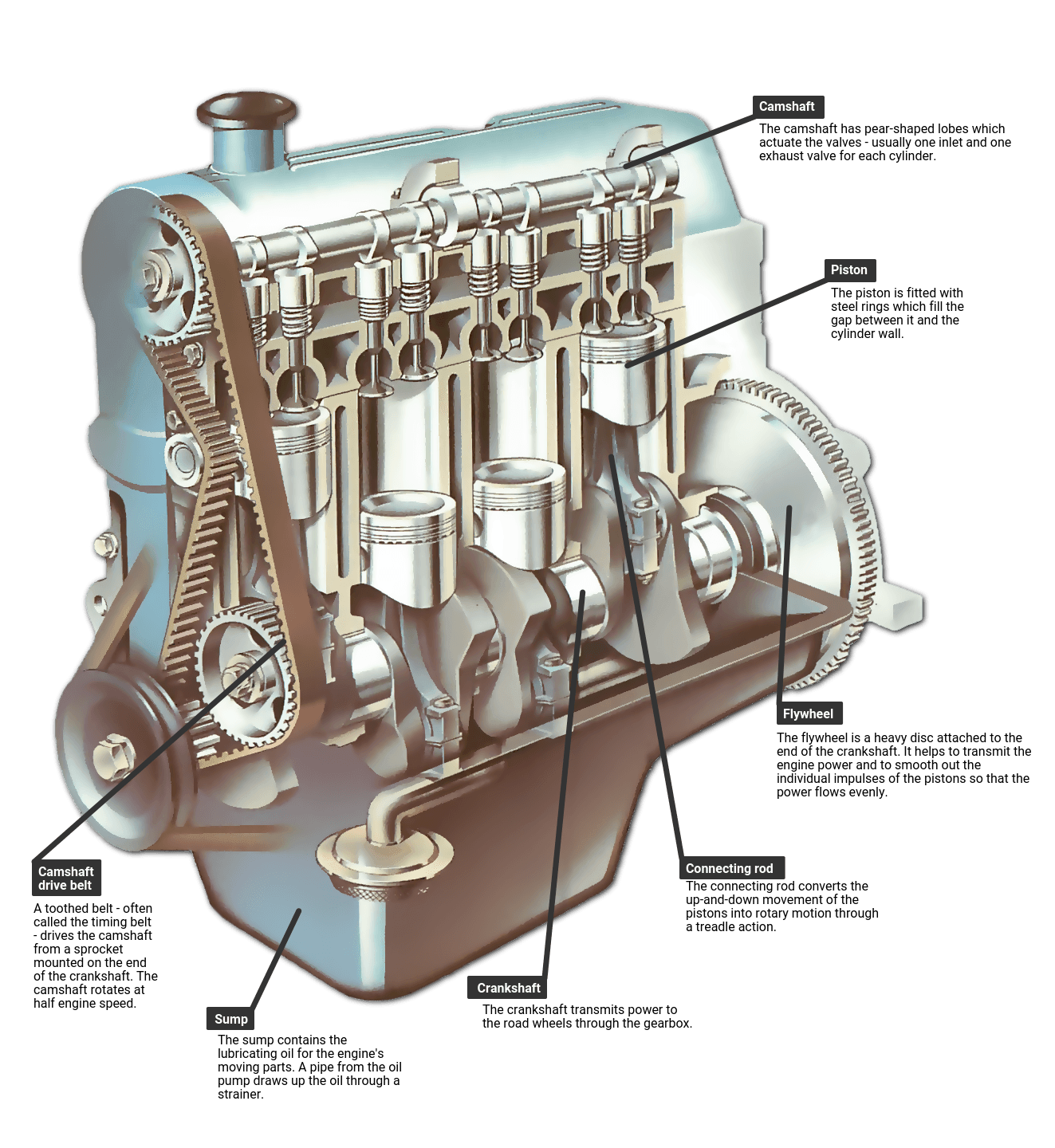Engines For Africa: Leading copyright of Costs Engines
Engines For Africa: Leading copyright of Costs Engines
Blog Article
Check Out a Variety of Engines for Every Car and Purpose
The auto landscape is progressively complicated, with a varied range of engine kinds designed to meet specific efficiency and efficiency needs throughout different vehicle classifications. From the high-performance engines that power cars to the fuel-efficient choices tailored for daily commuting, the selections are huge and varied. Furthermore, sturdy engines offer the needs of job vehicles, while environmentally friendly alternatives are getting traction in the quest of sustainable transportation. Comprehending these differences is crucial for making informed decisions, specifically as emerging innovations remain to form the future of automotive design. What implications might these innovations hold for customers and makers alike?
Kinds Of Automotive Engines
Automotive engines can be categorized right into numerous distinct types, each designed to meet particular efficiency and performance demands. The most usual classifications consist of inner combustion engines, electric engines, and crossbreed systems.

Electric engines, on the various other hand, operate electrical power kept in batteries, providing instant torque and no exhausts. These engines are ending up being significantly prominent as a result of developments in battery innovation and the growing focus on sustainability.
Hybrid systems integrate both inner burning and electric engines, enabling vehicles to maximize gas efficiency and decrease discharges by seamlessly switching between source of power. Each engine kind offers its downsides and advantages, affecting factors such as vehicle style, intended usage, and market need. Comprehending these distinctions is important for makers and consumers alike when selecting the suitable engine for their specific needs.
Efficiency Engines for Sports Cars
Efficiency engines for cars are particularly engineered to supply enhanced dexterity, rate, and power, establishing them besides standard automobile engines. These engines often make use of advanced modern technologies such as turbocharging, turbo charging, and variable valve timing to take full advantage of efficiency and responsiveness.
Typically, efficiency engines are designed with higher compression proportions, which enable higher power removal from fuel. This results in outstanding horsepower and torque figures, allowing fast acceleration and higher full throttle. Moreover, the light-weight materials utilized in these engines, such as light weight aluminum and carbon fiber, add to lowered total automobile weight, enhancing handling and ability to move.
Engine configurations like V6, V8, and also hybrid systems are common in efficiency cars, each offering distinct advantages in regards to power shipment and driving characteristics. The tuning of these engines is also important; lots of suppliers enhance the engine management systems to provide a thrilling driving experience, commonly including sporting activity settings that change throttle response and gear changes.
Efficient Engines for Daily Commuters
In the world of day-to-day travelling, reliable engines play a critical role in optimizing gas economic climate and lessening exhausts while providing trusted efficiency. As city populations expand and ecological concerns escalate, the need for vehicles equipped with effective powertrains has risen.
Modern engines developed for everyday commuters typically integrate modern technologies such as turbocharging, straight fuel injection, and crossbreed systems. Turbocharging enhances engine efficiency forcibly more air right into the combustion chamber, permitting smaller, lighter engines that do not jeopardize power output. Straight gas shot improves fuel atomization, leading to far better combustion and enhanced performance.
Hybrid engines, incorporating internal burning with electrical power, more augment fuel economic situation, particularly in stop-and-go traffic, where traditional engines can suffer from inadequacies. Electric electric motors help throughout acceleration and can Click Here operate separately at low rates, lowering total gas intake.
Moreover, developments in engine management systems and light-weight products contribute dramatically to efficient engine layout. By focusing on performance, toughness, and environmental sustainability, manufacturers remain to deliver engines that not only satisfy the needs of daily commuting yet likewise line up with international efforts to reduce carbon footprints.
Heavy-Duty Engines for Job Cars
Heavy-duty engines for work cars are regularly engineered to deliver extraordinary torque and reliability under requiring problems. These engines are made to do in environments where standard engines might fail, such as building and construction websites, logging operations, and agricultural settings. The key focus of heavy-duty engines is their capability to generate high levels of power while keeping resilience over prolonged durations of operation.
Usually, heavy-duty engines use advanced products and robust building and construction techniques to read stand up to the roughness of heavy workloads. Functions such as enhanced cylinder blocks, boosted cooling systems, and advanced gas shot modern technologies contribute to their performance. These engines usually operate at reduced RPMs, which assists to maximize fuel effectiveness while giving the essential power for carrying and hauling.
Along with mechanical toughness, durable engines are often outfitted with advanced digital control systems (ECUs) that take care of performance, exhausts, and diagnostics. This assimilation allows for much better tracking and maintenance, guaranteeing that job cars stay operational and effective.
Ultimately, durable engines are a vital element in the efficiency of different markets, providing the essential power and reliability to take on the most difficult of jobs.
Eco-Friendly Engine Options
The growing emphasis on sustainability has actually resulted in the growth of green engine alternatives that prioritize decreased discharges and improved fuel efficiency. These engines are developed to minimize the ecological effect of vehicles while still supplying the efficiency and reliability expected by customers.
Among the most remarkable environment-friendly alternatives are hybrid you can look here and electric engines. Crossbreed engines incorporate typical internal burning engines with electrical propulsion, permitting minimized fuel intake and reduced greenhouse gas emissions. Electric engines, on the various other hand, run entirely on battery power, generating absolutely no tailpipe emissions and adding to cleaner air quality.
One more appealing growth is the advancement of biofuel engines, which make use of renewable energies, such as plant products, to power automobiles (Engines For Africa). By utilizing biofuels, these engines can lower reliance on fossil gas and reduced general carbon impacts

As the automobile market develops, green engine choices will play a crucial duty in driving the transition in the direction of even more sustainable transport services.
Verdict
The automobile market supplies a varied array of engines developed to satisfy various automobile requirements and purposes. From high-performance engines that boost cars abilities to efficient models focusing on fuel economic situation for daily travelers, each kind offers a details feature. Sturdy engines deal with durable job lorries, while green alternatives, such as electric and biofuel engines, advertise lasting transportation. This comprehensive array guarantees that all driving requirements are attended to, contributing to innovations in auto innovation and environmental stewardship.

Report this page